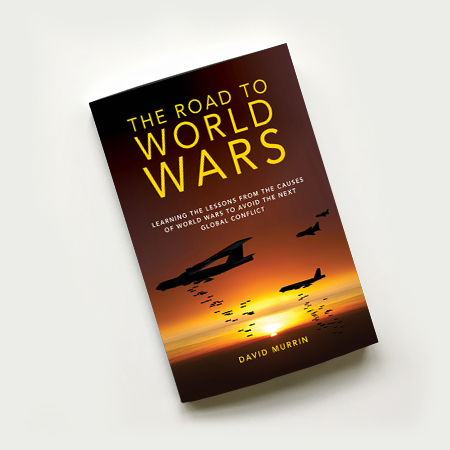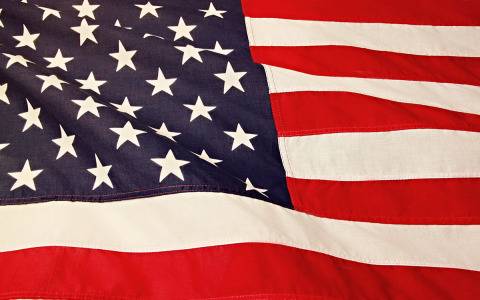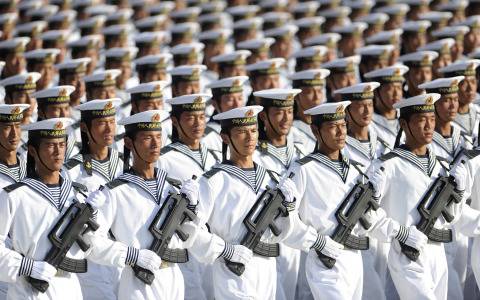Feedback
Lions Led By Lions. Is such a good read that it should fly off the shelves in the season when we settle down to a good read on Boxing Day
Peter Harvey Dec 2019
Military Enthusiast
Thought provoking stuff, I'd highly recommend. I couldn't put the book down and read it in one sitting. Similar to David Murrin's other book - (Breaking the Code of History: Past, Present, Future) it will certainly make you question the past and the narratives we tell ourselves. I wish there where more people like David advising number 10 as we seem to be hurling towards trouble in our own times. One thing is for certain you will view WW1s Prime Minister Lloyd George in a new light.
Alexander Jarvis
I thoroughly enjoyed reading Lions Led By Lions. It concisely conveyed a number of interesting interpretations of the causes and course of Britain's involvement in the First World War, and I found it thought-provoking, both historically and in terms of modest parallels. Given the impact of the First World War on Britain both financially and psychologically, your book is a timely reminder that we should pay more respect to the sacrifice of our forefathers.
Richard Hickson Oct 2019
Former British Cavalry Officer
The fog created by incompetence is something that David Murrin seeks to blow away in Lions Led by Lions (Apollo £19.95 Hardback). In a crisply presented passionately argued work, Murrin does focus on the land war-and, in particular, the all-arms offensive unleashed in the August 1918 by the British at Amiens. But he suggests it was politicians (especially Lloyd George) seeking to burnish themselves as the true heroes in the conflict that were the true donkeys, not the generals. Slightly undermined by some uneven editing, this well-illustrated book correctly warns against politicians who consider themselves more capable of waging wars than generals, in the end Murrin points out it was the British naval blockade imposed for some time, after the armistice was agreed that ensured that the Germans did not just regard it as breathing room to regroup and renew hostilities.
Iain Ballantyne-Editor Warships Magazine May 2019
David Murrin's new book Lions led by Lions is an excellent read. It provides a completely different slant on the key protagonists in the First World War and challenges the more normally accepted proposition that senior British commanders of the time were complete fools. David argues that Haig is besmirched and has been harshly treated by history, largely by the politician, Lloyd George, whom he believes to be self-serving, and cynical.
Haig, in his view, was very much a product of his time; an Edwardian, a man of principle and service to his core who was dealt a difficult military hand. However, in contrary to current perceptions Haig learned as quickly as was possible (for the time and conditions) from his mistakes. David further argues that he really understood the concept of maneuver warfare. That the war ended so quickly after the battle of Amiens is, for him, proof that the previous trench warfare was just an inevitable holding position until tanks and combined arms tactics could be deployed in sufficient strength to overrun the German army decisively, both physically and psychologically.
Whether you ultimately agree with his view or not, it is an easy read, with information clearly presented and particularly good battle diagrams to explain how things developed.
Francais Hobbs
Formerly a Lt Col Grenadier Guards
When I trained at The Royal Military Academy Sandhurst in the late 90’s the prevailing teachings on war were those of Clausewitz and the adage that: “war is the continuation of politics by other means” was our guiding star as young Officer cadets.
David’s excellent book is, amongst other things, about the underbelly of the complicated relationship between politics and war and the eternal scope by humankind for a reinvention of “truth”.
He sets the initial stage, actors and ensuing dramas and successes of 2018 and the BEF as well and engagingly as a Shakespeare play. Akin to the greatest of theatre and contemporary fiction he then forces on his audience a re-examination of apparently well understood “facts” they thought they knew. There are heroes, villains and plenty of surprises - like any good work of non-fiction, it all reads better than any novel.
Neil Passmore Formerly a Major Royal Army Air Corp February 2019
I learned a lot. An example is the importance of the air force – when I was studying this period in the early 80’s very little importance was given to the role of aircraft and pilots on either side. From how you write I can see that the air force really did have a major impact on the outcome of the war. For me the failure of politicians to foresee conflict and prepare for it as a cause of war is something I had not considered before in terms of history. I think that the way you have highlighted the unpreparedness of the BEF to fight a modern European land war demonstrates the political failings in that respect. Of course now accepting this it is only logical to accept that the ensuing butchers shop that Northern France became was also a political failing. This point that you make has made me reconsider my views for sure.
I also did not know that the British Army has scaled down use of tanks so much in military planning post war; there were many such details of which I was not aware.
I thought the characterisations of the major players was excellent; it gelled well with what I have read in both English and German languages. As I might have told you I have in the past researched archives from the Weimar Republic at Munich University (for my History Professor at York University – Hans W. Koch); one thing patently clear from the minutes of Weimar cabinet meetings that myself (and 2 others) spent a month researching and translating was that the German Generals effectively washed their hands of the retreat of their army in 1918. As you say by August 1918 the German army was in full scale retreat and in a state of accelerating collapse; the military hierarchy disappeared into the undergrowth thereafter. I am convinced that this was a contributing factor for the later emergence of the Freikorps in 1919. I am sure you know (but it is not commonly written about) that Hitler was sent on behalf of a Freikorps unit to spy on the German Workers Party…. Failure of leadership in the German military continued well into late 1919 but somehow the Generals managed to convince the German people that it was all the fault of the new guys.
I have always believed the Somme offensive was necessary to save the French armies from defeat at Verdun. Hence have never blamed Haig et al for everything. If ever you touch this subject again there is an aspect of it all that I would recommend you look at, which is the sheer length of all the major battles from 1915 – 1917. Why did they have to last so long? From everything else I have read, it is clear that in all the major land battles in this period whatever could be achieved was achieved very early on and everyone seemed to know it. The Somme was successful in that it drew battle-hardened German troops away from Verdun. However, the Germans started moving their troops away from Verdun weeks before a shot was fired (because they had learned what was coming!). The German High Command even knew exactly which BEF divisions they would be facing at the Somme. I do accept your point that with the historical perspective we can see that the BEF learned quickly. The hard lesson was that defense trumped offense – until as you say new battle tactics and technologies were introduced. If you know you don’t have these things and you listen to your troops on the ground who have gained tactical awareness, why continue doing the same thing for so long and hope for a different result each time you do it? Einstein called this madness. I know you have a view on this – as I say if you write on this subject again I would like to read you dealing with this point more explicitly.
On the battle of Amiens I think you are absolutely right to herald this as a major victory for which Haig and his staff should be honoured. You have demonstrated how all the lessons learned were put to great use.
If I ever read Lloyd George’s War Memoires again I shall read them in a different light. I had never considered that he might have been the major contributing influence on the destruction of Haig’s reputation. Going back to the first point he was one of the politicians that failed to prepare….. I don’t intend to read them again by the way. First time around was a real effort. His writing style is turgid beyond boredom. I had to read them though as I potentially faced an exam on parts of them.
I also really like the way you link analysis of history to subsequent events. Your words make sense.
To answer your first question to me on WhatsApp – “have I changed my mind?” – yes, you have made me think again. On the macro level definitely. Still not convinced that Haig and his team really understood the battle dynamics until 1918 but then as you point out no one else did either. Would we have had better generals? Probably not. Hindsight is always easy
Btw American schools teach WWI as 1917-18 and WWII as 1941 – 45. Perspective is brilliant
Steve Flynn April 2019 Amateur Military Historian




















